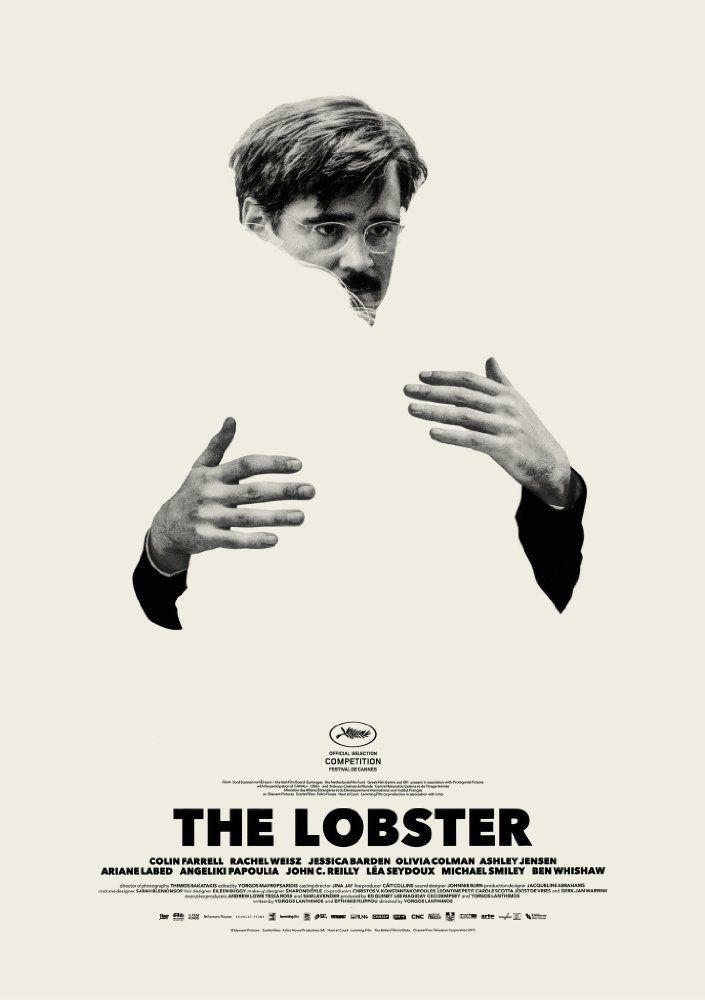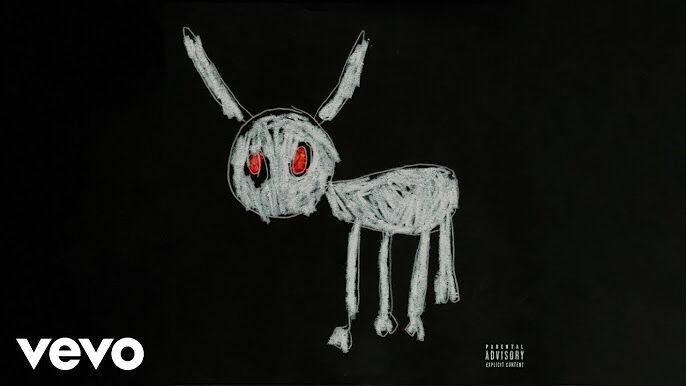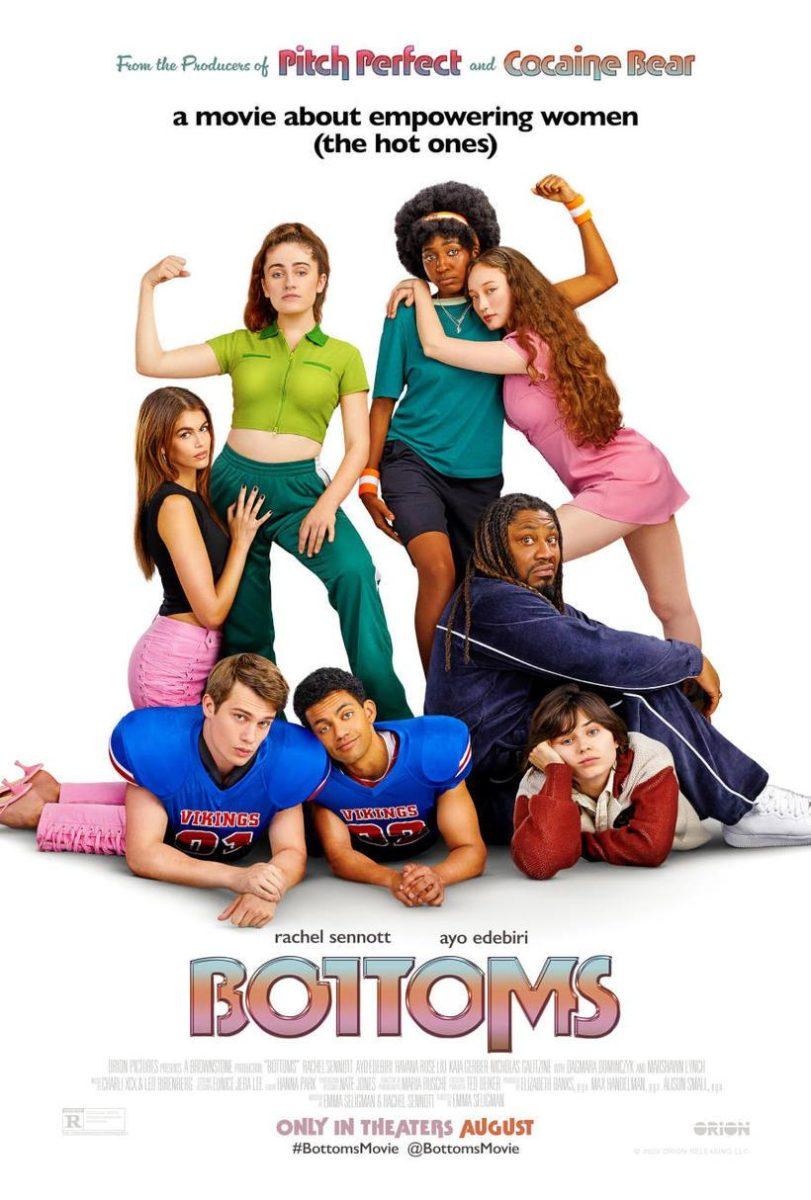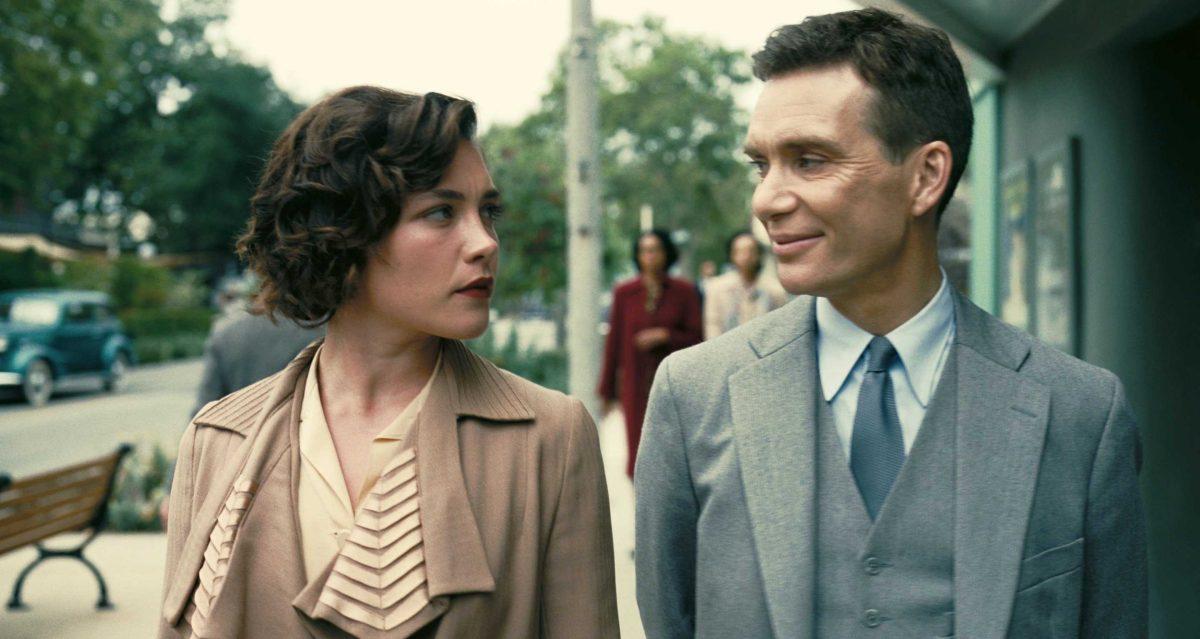“The Lobster” is possibly the most overlooked film of 2016, offering smart social commentary and excellent satirical comedy.
STARS: 4/5
“The Lobster,” an absurdist dystopian comedy-drama directed and co-written by Greek filmmaker Yorgos Lanthimos, is not a film that panders to its audience.
Instead, it is a smart satire that challenges its viewers to keep up and derive their own answers from the questions presented by the film. The film is original, clever and extremely funny.
When I watched the film with a friend of mine, our initial reactions as the credits began to roll went something like this: “I don’t know what I just watched, but I loved every second of it.”
“The Lobster” takes place in an alternate reality in which single people are taken to The Hotel, where they must find a romantic partner within 45 days or be turned into an animal of their choosing.
The film was nominated for Best Original Screenplay at the 89th Annual Academy Awards, among many other awards, and stars Colin Farrell, who some may recognize from “Fantastic Beasts and Where to Find Them” and “Minority Report.”
In the beginning of the film, David, played by Farrell, checks into The Hotel after his wife leaves him. The film follows his struggle to find a partner before his time in The Hotel is up. During his time there, David makes two friends, played by John C. Reilly and Ben Whishaw, who struggle alongside him.
If the premise sounds bizarre, the performances by the film’s cast make it even more so.
Farrell and his supporting cast, including Rachel Weisz, Léa Seydoux and Olivia Colman, all keep a very deadpan, stilted demeanor. Every character keeps that same attitude when making small talk with a receptionist, getting in a fight with their best friend or looking down the barrel of a shotgun.
The deadpan nature of the acting serves two purposes in the film.
First, the dark humor is well-written and acted superbly. The scene in which Whishaw tells the story of his mother, who was turned into a wolf after failing to find a partner at The Hotel, is one of the funniest scenes in recent memory. The second purpose of the deadpan nature is that it emphasizes the themes of the film.
Underneath its hilarious dark comedy, “The Lobster” is a satire that examines relationships and marriage in today’s society through its clever storytelling.
If The Hotel represents our society, then the threat of being turned into an animal is the pressure that our society puts on us to find a partner. It’s like your relatives at Thanksgiving who always ask when you’re going to find someone and settle down, but with higher stakes.
In The Hotel, characters are matched together through seemingly insignificant attributes; if the two get bloody noses from time to time, they are deemed compatible in the eyes of The Hotel. This notion is awkward and uncomfortable. Love between characters in the film always feels forced b — ecause it is.
The Hotel tells the characters that they need to find a significant other because society will cast them out if they don’t. If you end up alone, you won’t be happy.
However, the film isn’t preaching abstinence. Instead, it asks the audience to ponder whether society is wrong concerning how it perceives relationships.
The subtle performances — especially Seydoux’s — paired with witty writing and tone combine to make “The Lobster” a film that will stick with the audience for months after watching, making them ponder the way society views relationships. It is an excellent film and an overlooked gem.












